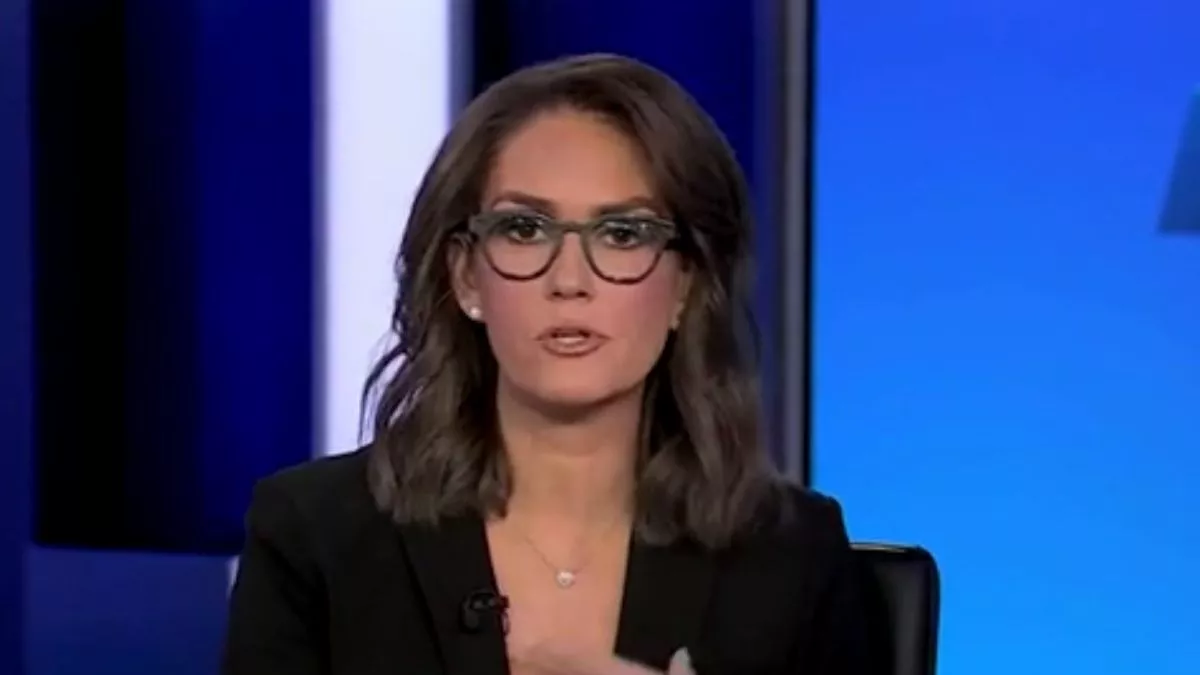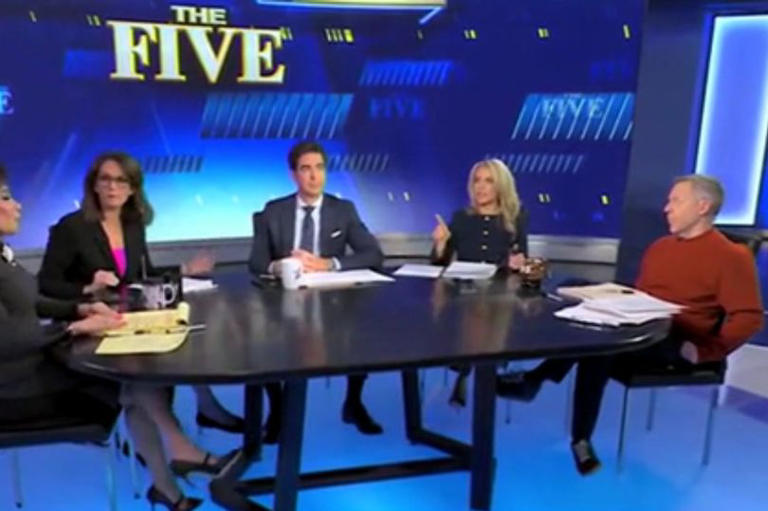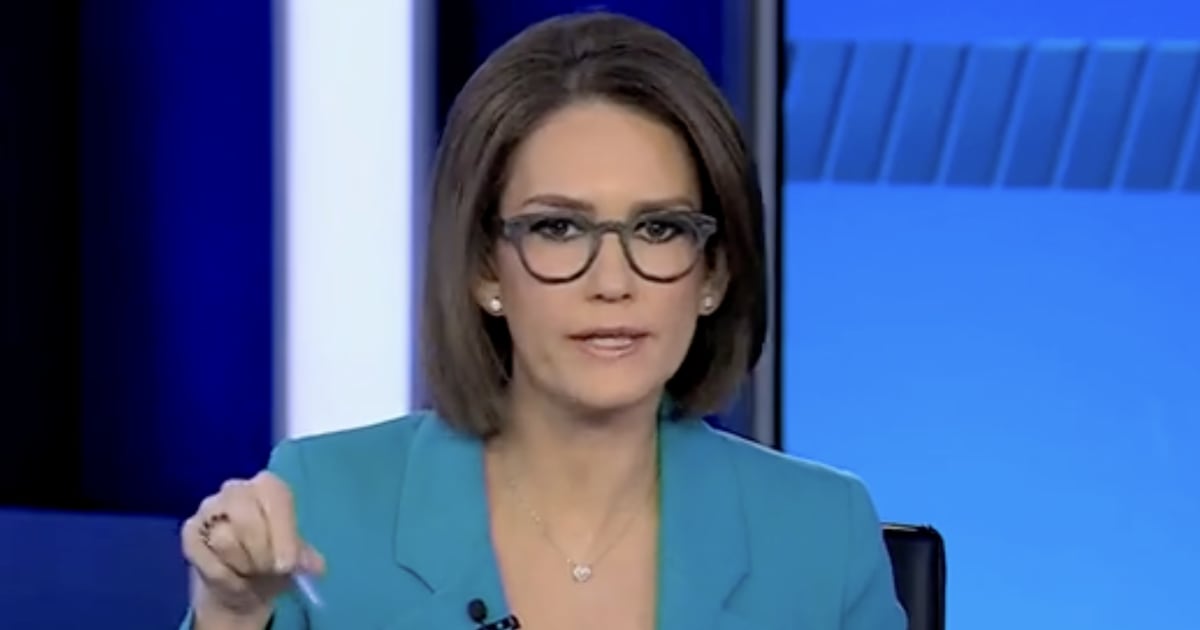Fox News Thrown into Chaos as Jesse Watters Clashes with Jessica Tarlov Over Her Wild Idea
In a recent episode of Fox News’ popular panel show “The Five,” a dynamic exchange erupted between co-hosts Jesse Watters and Jessica Tarlov. The center of this fiery debate was a contentious proposal regarding the ongoing Israel-Palestine conflict. Tarlov put forth a bold suggestion: that former President Donald Trump should facilitate the relocation of Palestinians to the United States until the war-torn region of Gaza is rebuilt. This proposition sparked vigorous discussion as Tarlov challenged the traditional narratives surrounding the long-standing pursuit of a two-state solution.
A Bold Proposal Amidst Complexity
Tarlov’s suggestion came at a time when the challenges surrounding the Israel-Palestine situation seem more pronounced than ever. In her argument, she highlighted the severe humanitarian consequences faced by the Palestinian people. According to Tarlov, the historical insistence on a two-state solution has continually fallen short, prompting the need for a more immediate, compassionate response to the burgeoning crisis.
- Tarlov asserted that the sheer number of displaced Palestinians, estimated at over two million, necessitates a global response.
- She urged that nations like the United States should step up, especially given the questionable willingness of surrounding Arab countries to absorb such a significant influx of refugees.
- While some nations, including Albania, have extended offers of assistance, Tarlov pointed out that these efforts are merely a drop in the bucket.
Contrasting Perspectives on Humanitarian Needs
As Tarlov made her case, her co-host Jesse Watters interjected with humor, attempting to alleviate the tension while also expressing skepticism about the feasibility of her proposal. Throughout the discussion, Watters raised pertinent questions about the potential political fallout from such drastic measures, emphasizing the complexities inherent in international aid and immigration policy. Meanwhile, fellow co-host Dana Perino stepped in to convey the importance of empathy and compassion when discussing the plight of those affected by the conflict.
- Tarlov challenged her co-hosts by questioning where the responsibility lies when it comes to aiding displaced individuals.
- She framed her argument around the notion that merely relying on neighboring countries to absorb the influx of refugees might not only be unrealistic but also detrimental.
- This prompted an engaging dialogue about the limitations of existing policies and how they often fail to meet the immediate needs of those in distress.
The Political Ramifications and Broader Implications
This debate on “The Five” not only highlighted the humanitarian aspects of the ongoing crisis but also underlined deep political divides among the co-hosts and, by extension, the viewers of Fox News. Tarlov’s proposal for the U.S. to take an active role in resettling displaced Palestinians has stirred up emotions on both sides of the political spectrum. Watters and others voiced concerns over political ramifications, cautioning against a plan that could be perceived as too radical or ill-conceived.
- Pundits have differing opinions on whether such a plan would garner bipartisan support or lead to more significant division within the American political landscape.
- The crux of the debate revolves around an underlying question: how far should the United States go in its responsibility towards foreign humanitarian crises?
- As these discussions unfold, it is evident that opinions on how to handle the Israel-Palestine issue remain as polarized as ever.
The exchange between Tarlov and Watters exemplified the complexities of modern diplomacy and the challenges faced when discussing sensitive international issues on a public platform. Ultimately, the conversation on “The Five” did not yield a consensus on a solution but did shine a light on the various perspectives that continue to shape the discourse surrounding the Israel-Palestine conflict.
As viewers continue to follow the unfolding narratives, the call for a clearer, more compassionate approach to international conflicts grows louder. It remains to be seen how public opinion will evolve on these matters, and what roles prominent media figures will play in shaping the conversation around such urgent humanitarian issues.
For those interested in exploring the depths of international relations and humanitarian crises, engaging in this dialogue is essential. Join the conversation and share your thoughts on how countries can better address such significant global challenges.



